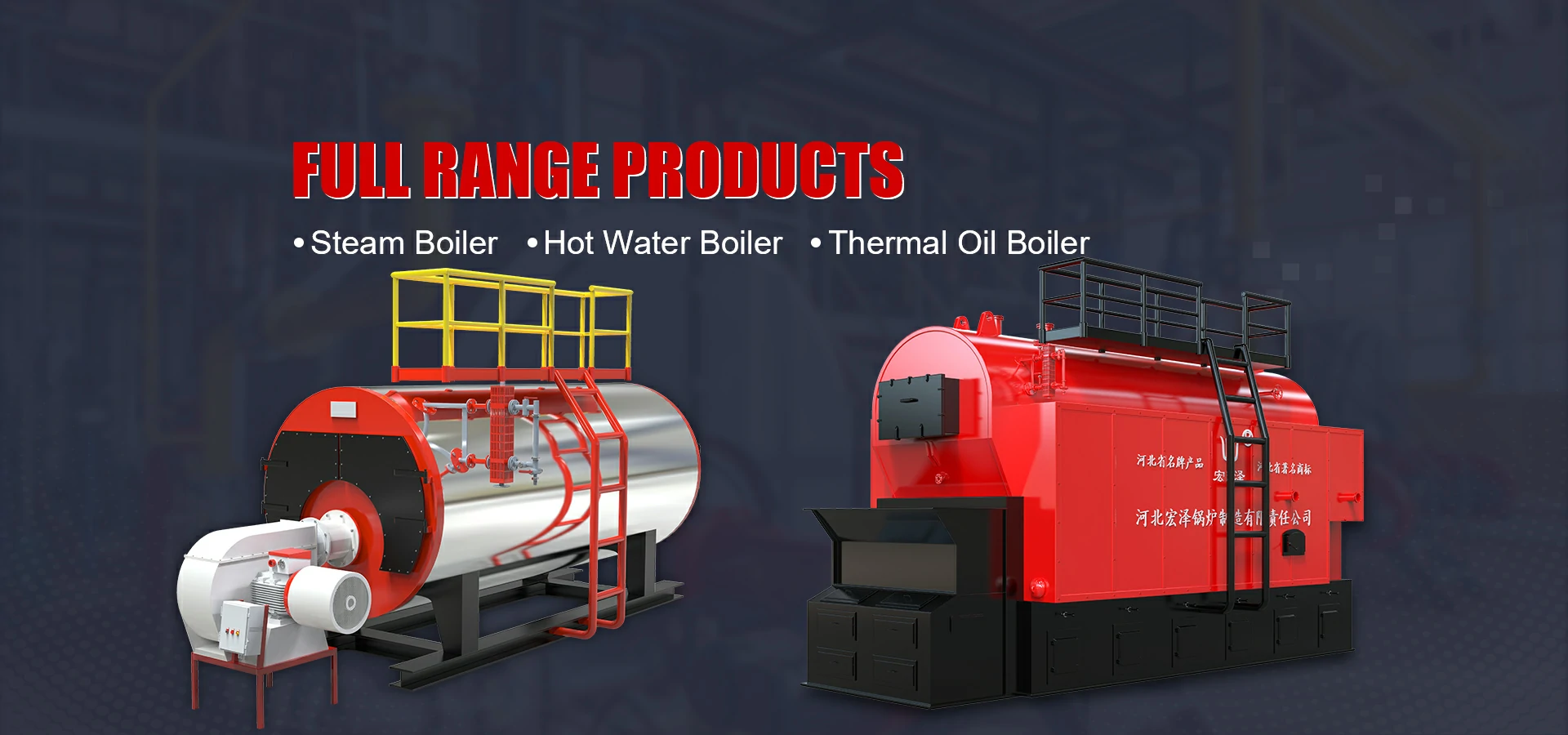
Nov . 03, 2024 05:13 Back to list
thermal oil boiler
Understanding Thermal Oil Boilers A Comprehensive Overview
Thermal oil boilers have emerged as a crucial component in various industrial processes, particularly where high temperatures and precise temperature control are required. Unlike conventional boilers that use water as a heat transfer medium, thermal oil boilers utilize organic heat transfer fluids, which allow for efficient heat transfer at elevated temperatures without reaching high pressures.
One of the primary advantages of thermal oil boilers is their ability to operate at higher temperatures than standard water boilers. Typically, these systems can operate at temperatures up to 400 degrees Celsius (752 degrees Fahrenheit), making them ideal for applications such as asphalt production, food processing, and chemical manufacturing. The ability to heat fluids without increasing pressure dramatically reduces the risk of explosions and other hazards, thereby enhancing safety.
The design of thermal oil boilers is tailored to ensure efficient heat exchange and fluid circulation. These boilers typically consist of a furnace, heat transfer fluid, and heat exchangers. The furnace produces heat by combusting fuels like natural gas, oil, or biomass. The generated heat then warms the thermal oil circulating through the system, which is subsequently used to transfer heat to the process equipment.
thermal oil boiler

Another significant benefit of using thermal oil boilers is their energy efficiency. These systems are designed to minimize heat losses, thus ensuring that more energy is utilized for the intended processes. Furthermore, the organic heat transfer fluids used can withstand higher temperatures without degrading, ensuring a longer operational life and reduced maintenance costs.
In addition to their efficiency, thermal oil boilers offer excellent temperature control. The use of advanced control systems allows for precise monitoring and adjusting of temperature settings, which is critical in processes that require stable conditions. This capability not only enhances product quality but also optimizes energy consumption.
Despite their numerous advantages, it is essential to consider safety measures associated with thermal oil boilers. Regular maintenance, proper fluid management, and adherence to safety regulations are necessary to ensure the safe and efficient operation of these systems.
In conclusion, thermal oil boilers represent a reliable and efficient solution for industries needing high-temperature heat transfer. Their ability to operate at higher temperatures, coupled with enhanced safety features and energy efficiency, makes them a preferred choice in various applications. As industrial processes continue to evolve, thermal oil boilers will play an increasingly vital role in meeting the energy demands of modern manufacturing.
-
High-Efficiency Commercial Oil Fired Steam Boiler for Industry
NewsJul.30,2025
-
High-Efficiency Biomass Fired Thermal Oil Boiler Solutions
NewsJul.30,2025
-
High Efficiency Gas Fired Thermal Oil Boiler for Industrial Heating
NewsJul.29,2025
-
High-Efficiency Gas Fired Hot Water Boiler for Sale – Reliable & Affordable
NewsJul.29,2025
-
High Efficiency Biomass Fired Hot Water Boiler for Industrial and Commercial Use
NewsJul.29,2025
-
High-Efficiency Biomass Fired Hot Water Boiler for Industrial Use
NewsJul.28,2025
Related PRODUCTS






















